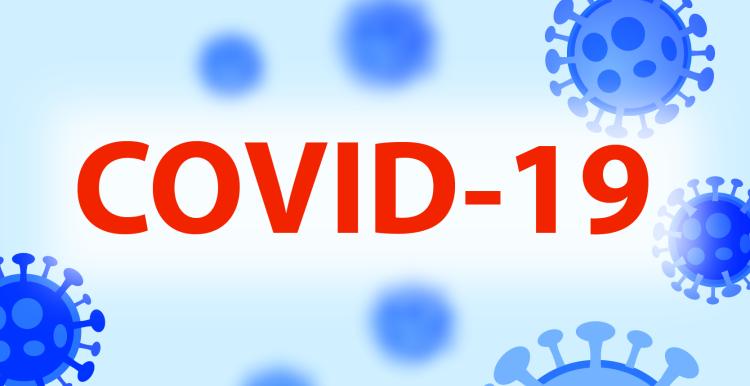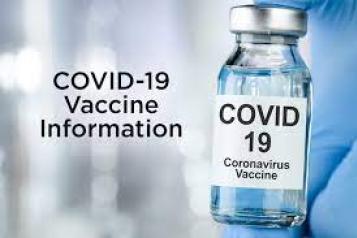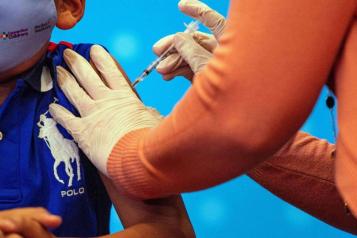Recovering from COVID-19 – What Should You Expect?

Across the Tees Valley, Local Authorities and NHS Trusts offer a wealth of support to people living with post-Covid syndrome, such as the Tees Active post-Covid programme in Stockton-on-Tees, which aims to increase physical activity levels, Project Restart in South Tees, which offers a twelve-week wellbeing programme, and clinics at County Durham and Darlington NHS Foundation Trust, North Tees and Hartlepool NHS Foundation Trust and South Tees Hospitals NHS Foundation Trust offer support from multidisciplinary teams following a GP referral.
If you have reviewed the self-help guidance and think you need to speak to someone regarding your symptoms, you should seek medical advice by either contacting your GP, who will offer a telephone consultation (and arrange a face-to-face appointment if necessary) or contacting the NHS 111 service, either by calling 111 to speak to an adviser. If you begin to develop symptoms such as worsening shortness of breath, new chest pain, confusion or weakness of a limb or your face, you must seek urgent medical attention by calling 999.
Please click on the link below for further information!

